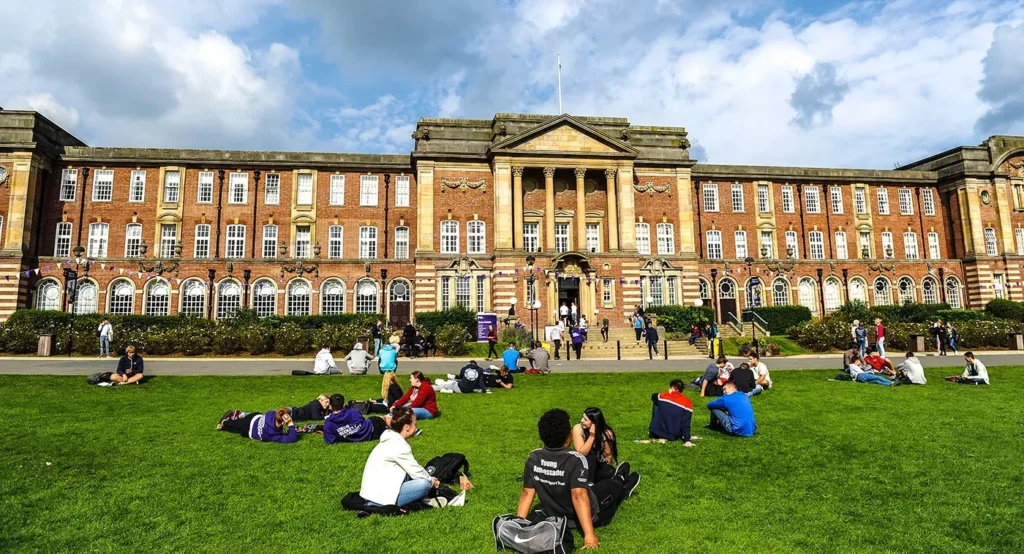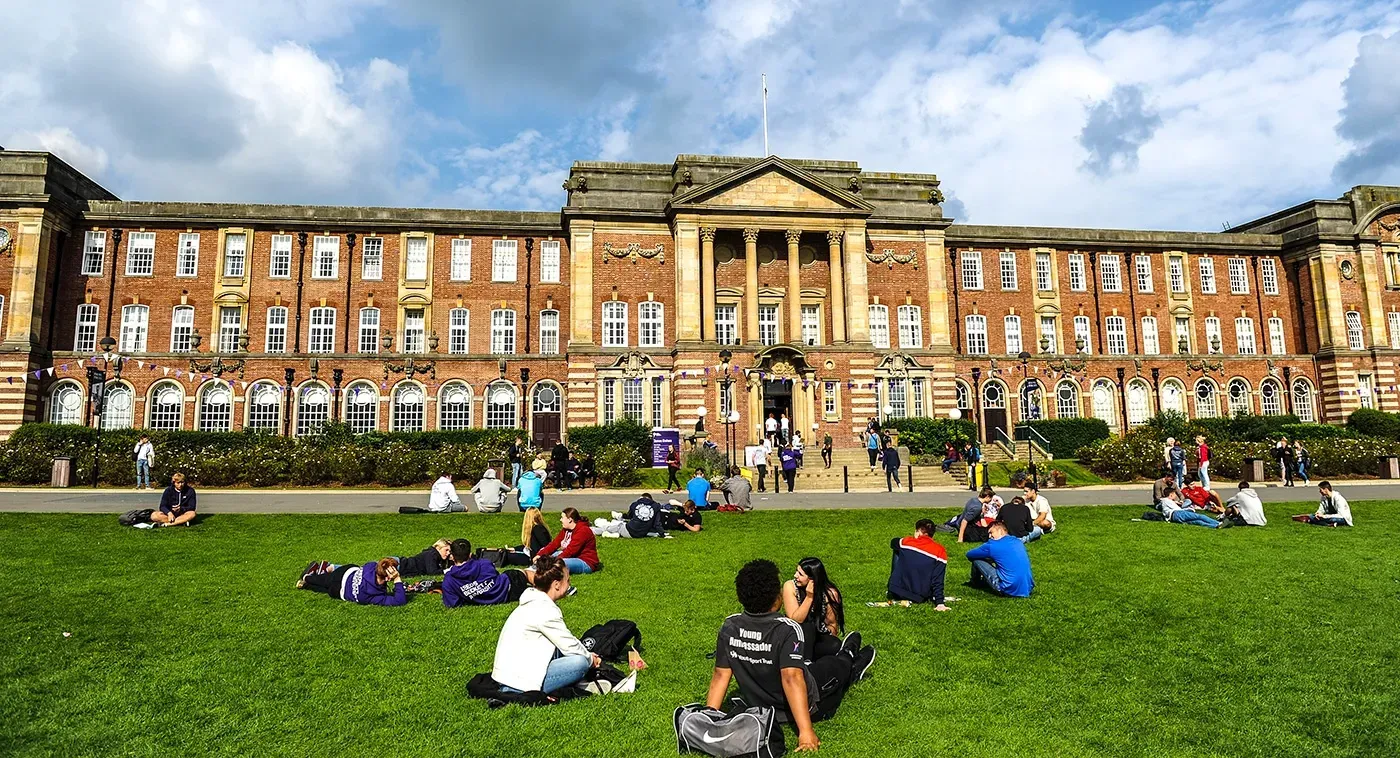University campuses are not just about academics; they are a bustling hub of social, cultural, and professional growth, offering students countless opportunities to engage in enriching activities. Campus events are an integral part of the university experience, bringing students together, fostering creativity, and enhancing leadership and networking skills. Whether you are a new student or nearing graduation, participating in campus events can significantly enhance your college life.

Importance of Campus Events
Campus events contribute to a holistic educational experience, offering more than just classroom learning. Here are some key benefits of participating in university events:
- Socializing and Networking: These events provide students with opportunities to meet peers, faculty, alumni, and professionals in various fields. Forming connections during campus activities can lead to lifelong friendships and valuable career networking.
- Skill Development: Many events, such as workshops, seminars, or student-led initiatives, help students develop critical thinking, communication, and organizational skills that can be applied in both academic and professional settings.
- Cultural Exposure: Universities often host multicultural events, festivals, and exhibitions, which allow students to experience and celebrate diverse cultures, traditions, and perspectives.
- Entertainment and Stress Relief: Campus life can be stressful, and events such as music concerts, sports competitions, or movie nights provide a welcome break from academic pressures, helping students recharge.
Types of Campus Events
There is a wide variety of events that take place on university campuses, catering to different interests and goals. Some of the most popular types include:
1. Academic Conferences and Seminars
These events provide a platform for students, faculty, and industry experts to discuss recent developments, share research, and exchange knowledge on various subjects. Participating in such events can give students valuable insight into their chosen fields.
2. Workshops and Career Fairs
Universities often organize workshops focused on professional development, including resume writing, interview techniques, and public speaking. Career fairs, on the other hand, connect students with potential employers and internship opportunities, offering a glimpse into the job market.
3. Student Clubs and Organizations
Joining student clubs allows individuals to engage in activities that align with their personal interests. Whether it’s an art club, a debate society, or a coding group, these organizations offer chances for personal growth, team collaboration, and leadership development.
4. Cultural Festivals
Cultural festivals are among the most anticipated events on any campus. These festivals celebrate diversity by showcasing the food, music, and traditions of different countries and ethnic groups. International student organizations often play a big role in organizing these events, helping students from different backgrounds feel more connected.
5. Sports and Recreational Activities
Sports tournaments, intramural leagues, and fitness challenges keep students active and promote a healthy lifestyle. Universities often host competitive sports events between teams from different colleges or regions, building a sense of school spirit and camaraderie.
6. Charity Events and Social Causes
Many campuses encourage students to participate in community service through charity events, fundraising campaigns, and awareness drives. These activities not only benefit the wider community but also foster a sense of social responsibility among students.
Planning and Organizing Campus Events
Event planning is a major aspect of student leadership. Students often play a critical role in organizing and executing campus events, gaining valuable experience in project management, teamwork, and problem-solving.
Key Steps in Event Planning:
- Conceptualization: Define the purpose of the event and set clear objectives.
- Budgeting: Allocate resources and manage finances to ensure the event is financially viable.
- Logistics: Secure a venue, arrange transportation, and ensure all equipment and materials are ready.
- Promotion: Use social media, email campaigns, and posters to advertise the event to the student body.
- Execution: Ensure smooth operation on the day of the event by coordinating all participants and overseeing the schedule.
Maximizing the Impact of Campus Events
To maximize the impact of events, universities often use feedback mechanisms such as surveys to gauge student satisfaction and gather suggestions for improvement. Additionally, fostering collaboration between different student groups, departments, and external organizations can lead to larger, more dynamic events that attract a broader audience.
Conclusion
University campus events are an essential part of the student experience, offering opportunities for learning, personal growth, and fun. By participating in or organizing events, students can make the most of their time at university, gaining skills and connections that will serve them well beyond graduation. Whether it’s academic seminars, cultural festivals, or sports competitions, there’s always something happening on campus that can enrich the student journey.
